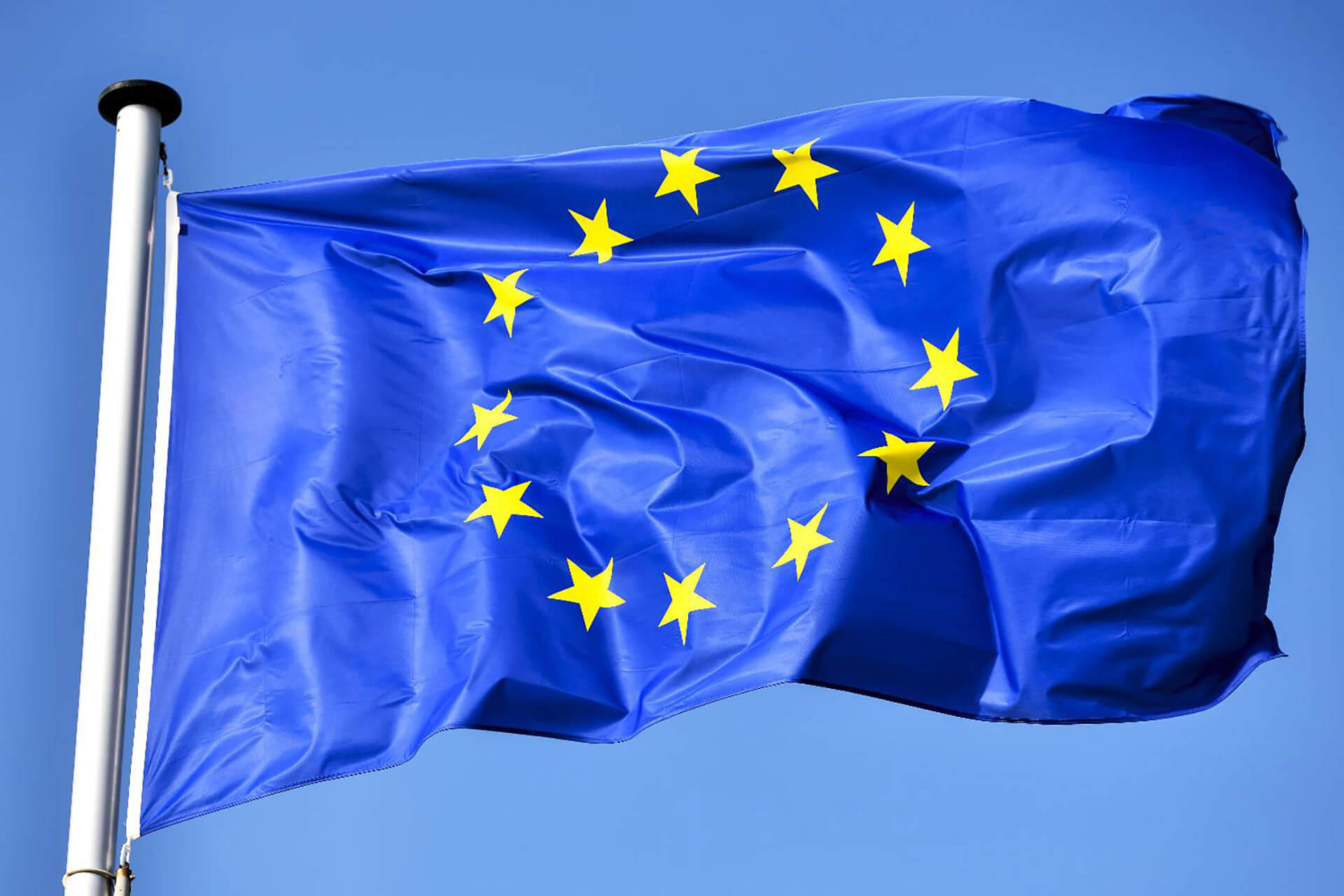
Learn how the EU AI Act impacts HR Tech and what to do to get compliant
The EU AI Act is a landmark legislation that regulates AI applications, ensuring they are safe, transparent, and respectful of EU values and fundamental rights. For AI vendors and HR technology companies, understanding and adhering to the EU AI Act is not just a legal obligation but a strategic necessity. In this post, we'll navigate the essentials of the EU AI Act and its implications for AI-driven recruitment and HR services.
The EU AI Act is a landmark regulation by the European Union aimed to regulate the use of artificial intelligence within its member states. It’s the first of its kind, aiming to ensure that AI systems used in the EU are safe, transparent, traceable, non-discriminatory, and environmentally friendly.
At its core, the EU AI Act lays out clear guidelines for what AI systems can and cannot do. It identifies specific practices that are outright prohibited to protect the public. For high-risk AI systems, which are those that could significantly impact people’s safety or fundamental rights, the Act establishes stringent requirements. These systems must comply with stringent standards to ensure they operate safely and ethically. Additionally, the Act outlines the responsibilities of those who develop, deploy, operate and use AI systems, and sets up mechanisms for market monitoring, governance, and enforcement.
Proposed by the European Commission in April 2021 and agreed upon by the European Parliament and the Council in December 2023, it Act entered into force on August 1, 2024, marking a significant step towards comprehensive AI regulation.
The EU AI Act is designed with the primary goal of protecting individuals within the European Union from potential risks associated with AI systems. What makes this legislation particularly influential is that it doesn’t just apply to AI providers or deployers within the EU, but also to any organisation, anywhere in the world, whose AI system’s output is used within the Union. This means that even if a company is based outside the EU, they must comply with the Act if their AI tools or systems are used in any capacity within the EU.
In the context of HR and recruitment, the implications are significant. For instance, employers outside the EU using AI systems to evaluate job applicants from within the EU, or to manage the performance of teams with EU-based members, will need to ensure their AI systems comply with the Act. The same goes for HR tech providers offering AI-driven tools within the EU.
Many globally active companies are likely to take a more unified approach to compliance, choosing to ensure that all their AI systems comply with the AI Act, rather than assessing each use case individually. This approach not only simplifies compliance but also prepares these companies for the likely global influence of the EU AI Act, similar to how the GDPR set a global standard for data protection.
The EU AI Act is taking a significant step towards regulating artificial intelligence with a risk-based approach. This means that AI systems are classified based on their risk levels, and different requirements are applied accordingly. Here’s a quick overview of the four risk categories:
In the realm of employment, many AI systems fall under the high-risk category. This is due to their substantial impact on career opportunities, livelihoods, and the rights of individuals. The AI Act identifies several high-risk use cases in HR and recruitment, including:
While most HR and recruitment AI tools fall into the high-risk category, there are important exceptions:
AI systems are classified into different risk categories, and the responsibilities vary accordingly. While limited risk systems have to meet specific transparency obligations, high-risk systems come with a much more extensive set of requirements. Most of these obligations fall on the provider of the AI system, which includes:
The EU AI Act is more than just a compliance requirement—it’s a chance for AI vendors to make ethical AI a core part of their business. Here’s how to approach it:
The EU AI Act is more than just a set of regulations—it’s a call to innovate with ethics at the forefront. For HR Tech companies, this means developing AI solutions that not only streamline processes but also uphold human rights and societal values. Imagine a recruitment tool that not only speeds up candidate screening but also identifies and mitigates bias in job descriptions, actively promoting diversity and inclusion. Such innovations aren’t just about compliance; they reflect a commitment to building a fairer and more inclusive workplace.
By adopting the EU AI Act’s guidelines early, HR Tech companies can position themselves as leaders in ethical AI. This proactive approach not only ensures compliance but also helps companies stand out in the market. Clients who prioritise ethical standards and legal compliance are more likely to trust and stay with companies that are committed to responsible AI.
The European Commission has acknowledged the importance of these early efforts through the EU AI Pact, which encourages and supports companies to start preparing for compliance now. By voluntarily committing to these standards, HR Tech providers not only ensure they are ready for future regulations, but are also recognised as leaders in creating responsible, ethical AI in the industry.
Warden’s auditing platform has been designed to address many of key requirements outlined by the Act, helping AI vendors to ensure their systems are compliant, transparent, and ethically responsible. Here’s how Warden can support your journey towards compliance and innovation:
Schedule a demo to find out how Warden can help you comply with the the requirements of the EU AI Act and stay ahead in an increasingly regulated and competitive market.